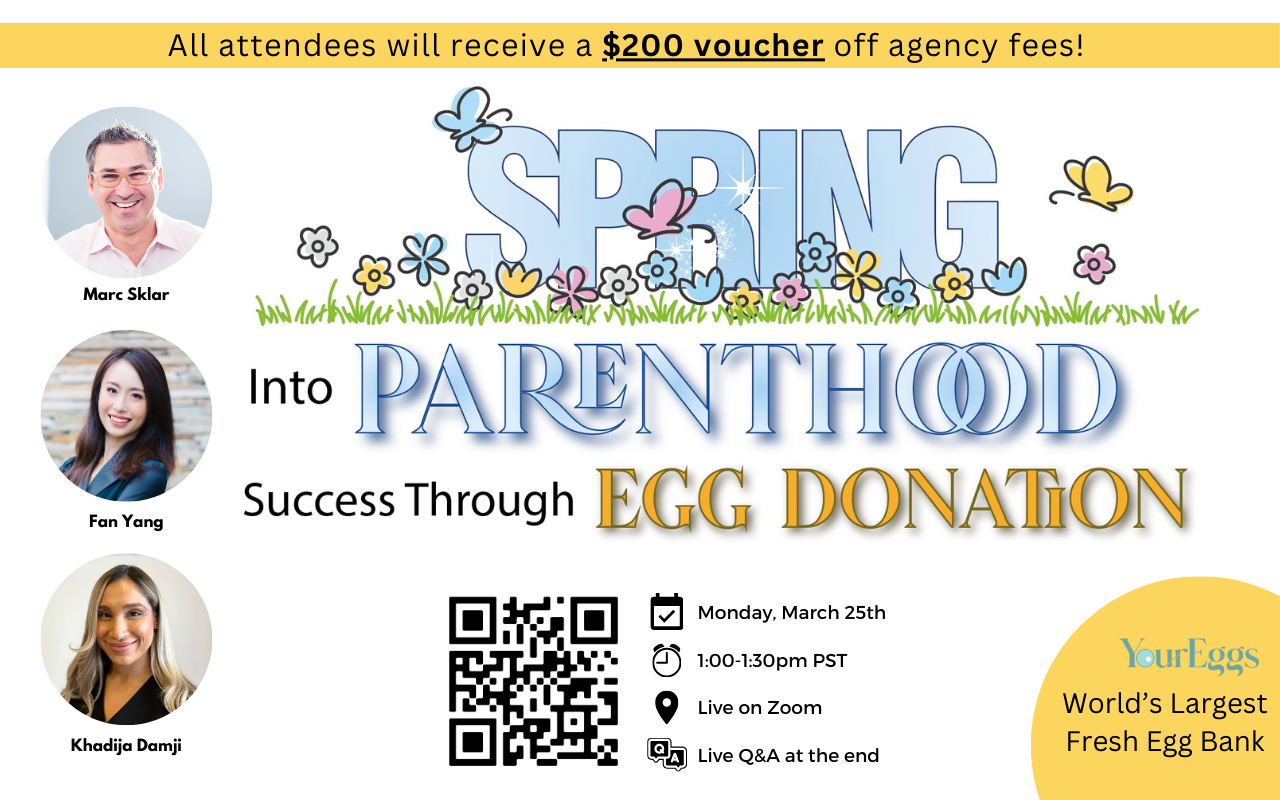Frozen Egg Cycle
Private Medical Practices located in San Diego, CA

Frozen Egg Cycle services offered in San Diego, CA
Frozen eggs offer more flexibility than fresh eggs for intended parents planning in vitro fertilization (IVF). With offices in San Diego and Newport Beach, California, the caring egg donation team at YourEggs arranges egg storage that uses cutting-edge cryopreservation techniques for improved post-thaw egg viability. To learn more about the frozen egg cycle option, call YourEggs today or book a consultation online.
Frozen Egg Cycle Q&A
With the advanced preservation technology now available, you can choose to use frozen eggs rather than relying on fresh ones when planning your family. The frozen egg cycle process offers intended parents an additional choice that may better suit their circumstances.
The egg donor goes through the same preparation as she would with fresh egg collection, taking hormones that ensure multiple eggs mature at the same time. Some or all of the eggs collected may then go into storage for later use.
Carefully preserved frozen eggs should last for years in cryostorage. When you’re ready to have a child or want to add to your existing family, you can request the eggs undergo careful thawing, fertilization, and implantation.
What does egg freezing involve?
Egg freezing uses a cryopreservation technique called vitrification. This involves adding cryoprotectants to the donor eggs that help to prevent crystal formation. Technicians then freeze the eggs with ultra-rapid cooling methods to preserve their viability.
YourEggs stores the frozen eggs in a specially designed egg bank. When you’re ready, they remove the donor eggs from storage, thaw them, fertilize them with sperm, and prepare them for uterine transfer.
Cryopreservation also enables labs to freeze embryos for frozen embryo transfer (FET). In addition to full embryo preservation, it’s possible to store a fertilized egg that you can use when you’re ready to start your family.
What advantages does a frozen egg cycle offer?
Egg freezing and thawing technologies have developed and improved in recent years, so a frozen egg cycle now offers some significant advantages. First, intended parents don’t have to coordinate their availability with that of the egg donor (as they would using fresh eggs). You also know how many eggs are available to you before beginning an IVF cycle.
Intended parents might not have to wait so long for the IVF process to begin if they use frozen eggs. In addition, frozen eggs are often a less expensive option than fresh eggs.
A frozen egg donor cycle’s success depends on several factors, including donor egg quality, how many eggs are thawed, and the fertility clinic’s expertise. Frozen egg cycle success rates are now reaching the same levels as fresh egg cycles in clinics like YourEggs that specialize in egg collection and storage.
To learn more about the frozen egg cycle and see whether it meets your needs, call YourEggs today or book an appointment online.







